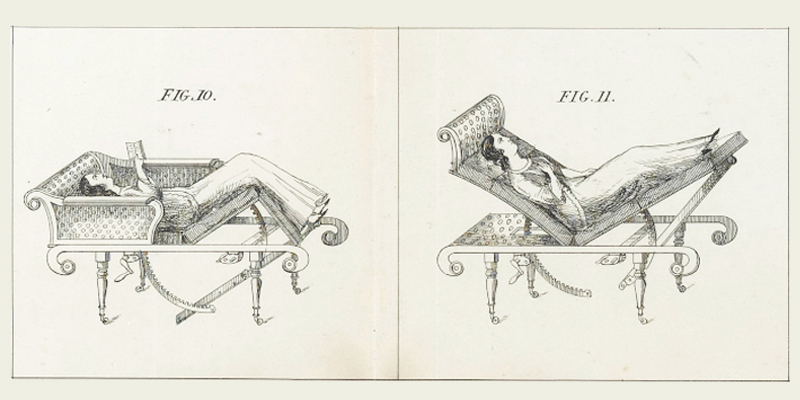August 18, 2025, 2:53pm
If you’ve ever done a therapy session over Zoom (or any other video platform), you know how easy it can be to be distracted by what’s going on behind your therapist’s head. Do I recognize their art? What’s going on outside that window? That plant looks like it could use some more water…
Easily the most distracting items in the background are the books, though. Instead of unpacking my week, I’ll spend my session squinting at spines trying to figure out what they are.
Here’s a look at some of the books you might spot on the Zoom shelves, and—because another fun way to distract from the work of therapy is always trying to figure things out about your therapist—what they (might) mean about the person to whom you have entrusted your brain.
The Power Broker, or anything from The Years of Lyndon Johnson
✅ Yes, I have to start here. I am, alas, a stereotype: the thirty-something Caro freak who is always looking for signs of Bob on bookshelves.
I’ll be much more comfortable in the therapeutic space knowing I’ll be able to be understood when I say things like, “I’m afraid my friends will cut me out, like Moyers refusing to talk to Caro,” or “I don’t want to think short-shortsightedly, like how almost none of Moses’ bridges prioritized mass transit.”
A scrapbook labeled “My Favorite Clients”
🚩 This is bad for your therapeutic journey because it means you have no choice but to put together a team for a daring heist of the scrapbook to find out if you’re in it.
Big, coffee table art books
✅ Even though I know it’s not true, these books make me think that my therapist is decompressing between sessions by looking at art instead of scrolling social media like me. I like thinking that my therapist is a better person than me.
Family Guy DVDs
🚩 Not the kind of family antics I want to be contemplating during my session.
American Psycho
This one can go either way, but it depends on how much you trust your therapist’s media literacy. The explosion of people emulating Patrick Bateman is really making me doubt our collective ability to discern satire.
To get to the bottom of this, you’ll have to figure out how performative your therapist’s morning routine is.
American Dirt
🚩 Does your therapist know the drama about this book? Do they not know the drama about this book? Which is worse? Hard to say, really… Am I too “book online”? Maybe this is something I should bring up, but then do I have to explain the whole thing? Where do you even start… When did this book come out again?
And suddenly your hour is up and you spent most of it thinking about this boo–
2020! It came out in 2020. That actually explains a lot about the discourse…
Philip Roth
✅ Probably a good sign that a therapist is engaging with fiction that is personal, complicated, and introspective.
Elena Ferrante
✅ Ditto with above—there’s nothing more exciting than knowing your therapist has good taste and is reading books that are intelligent about relationships.
Yarros, Maas, or any of those hugely popular Romantasy books
🚩 There’s nothing wrong with reading these books, but seeing them in a Zoom therapy session is disclosing way too much.
I don’t want to get distracted while I’m in the middle of talking about how mad I am at health insurance companies by the sudden thought, “What kind of STD tests they have in dragon sex world?”
A Million Little Pieces
🚩 Seeing this book on a shelf is saying way too much.
Don’t Hit My Mommy!
🚩 There is a subset of books by therapists, for therapists that have eye-catching titles in a bad way: Don’t Hit My Mommy is very real, required reading for therapists studying Child Parent Psychotherapy. By all accounts, it’s a well respected book, but it’s a big jump scare to see on the shelf. And even though it is a well respected book
Incidentally, if academic presses need help with their titling, I’m available to consult.
Anything by Ada Limón
✅ You’re in good hands.
Your book
🚩 If you’re a popular enough writer that your books are on a lot of shelves, then this isn’t going to be an issue, but if you’ve only ever put out a small chapbook on a press that went under 15 years ago, might make sense to move on to another therapist.
What books did I miss? Let me know if there are any books you’d like deciphered!
